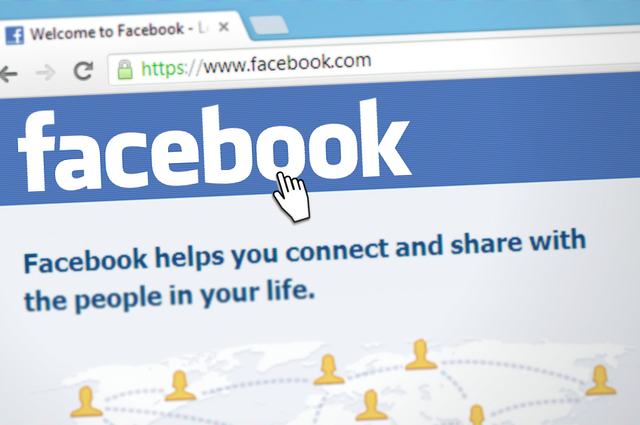Until recently, responding to a crisis by initiating a thorough investigation bought companies a little bit of time to agree a fuller response with management and the company’s legal advisers. Today, largely as a result of the growth in social media use, the window to buy more time has virtually disappeared. The moment a negative story breaks it has the potential of spreading like wildfire to the other side of the world.
An international survey of senior crisis communications advisers reveals just how challenging managing a modern crisis has become. For instance, more than a quarter (28%) of crises reported spread internationally within an hour, and over two thirds (69%) within 24 hours.
Conducted by international law firm Freshfields Bruckhaus Deringer, the research says that news of a crisis that spreads outside of the country of origin will reach an average of 11 countries. Meanwhile, social media plays a significant role in spreading the story – within the country of origin in half (50%) of cases and globally in almost a third (30%) of cases.
The inability to control reputational crises in the early stages can prove hugely costly for a business, affecting its value, revenue and long-term reputation. Yet businesses are not moving fast enough to contain a crisis when it breaks despite having between a few days and several months’ notice to plan a response in almost six out of 10 (58%) cases. On average it takes 21 hours before companies are able to issue meaningful external communications (signed off by their legal advisers) to try and manage the issue and more than 48 hours in a fifth (18%) of incidents.
Levels of preparedness
Despite most businesses having considerable notice of a crisis and global businesses increasingly adopting social media channels such as twitter to proactively market products and services, the survey found that the majority are ill equipped and under-prepared to cope with a crisis playing out online:
- Half (50%) of the communications advisers surveyed believe organisations are not adequately prepared to handle such situations
- A clear majority (94%) said that failing to prepare to effectively handle the issue online leaves an organisation open to “trial by twitter”
- Almost two thirds (63%) believe the businesses they have recently advised in relation to a significant crisis could have foreseen the event and better prepared for it.
Julian Long, a corporate partner and crisis management expert at Freshfields, notes that failing to prepare for a crisis, no matter how unlikely it may seem, is really no excuse, particularly given that crises that genuinely come out of the blue tend to be the exception.
“The nature of social media means that all those at the coal face of managing a crisis: company executives, lawyers and communications advisors, have to adapt to what is a considerable new challenge. We are regularly being asked by clients how crisis management processes might be streamlined to avoid unnecessary delays,” said Long.
Long adds that extensive and deep rooted preparation is the only way companies can hope to be comfortable in making public responses to defend their reputation. At the same time they need to account for the need for speed to take control of an issue and minimize the spreading of damaging an un-influenced stories in the media.
A previous study on major global reputational crises and their impact on company share prices released by Freshfields in 2012 found that companies typically benefit from a window of 24 to 48 hours, during which financial market reaction to a crisis is limited. Of the global reputational crises analyzed, less than half (48%) of affected companies saw share prices fall on day one. It rose to 54% after two days. A month on, the findings show a peak in negative sentiment, with six out of 10 companies affected. A year later more than half (53%) had not seen share prices regain pre-crisis levels.
The combination of the two studies shows that in the majority of instances, companies have enough warning to plan before the issue becomes public and also have some time to refine their messages before investors get spooked. This window of adapting pre-prepared material is extremely narrow as negative publicity, largely as a result of social media, starts to spread internationally within hours if not minutes.
This race against time to adapt previously crafted plans to a real life scenario should play out in two areas. Operational – take control of a crisis matter by investigating it and take concrete steps to resolve it. And one of communications – adapt your planning quickly to keep pace with social media to contain or influence any pieces aimed at thrashing your reputation.
“Companies need to have nimble structures and procedures to take advantage of these vacuums of time. The truly unexpected will inevitably have less that companies can fall back on but most of the time good preparation will make a real difference as to how successfully a crisis is ultimately handled,” said Long.
















































































































